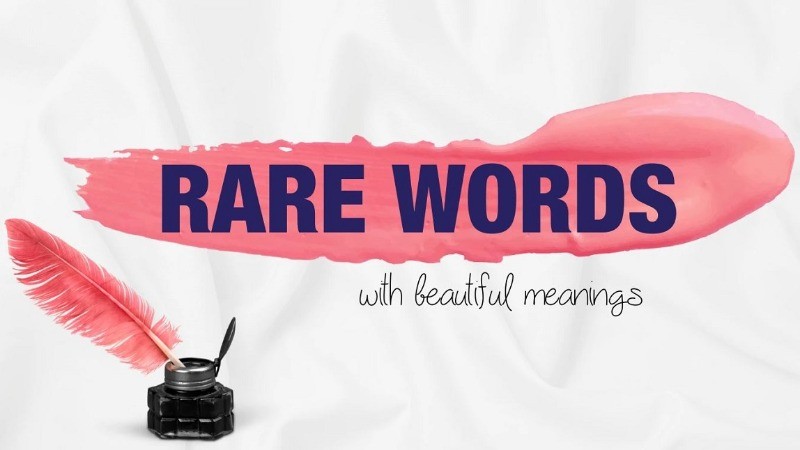
To mark its 90th anniversary, the British Council has unveiled a fascinating list of 90 influential words that showcase how language has evolved from 1934 to 2024. From "babysitter" to "woke," these words reflect shifts in society, technology, culture, and politics. The list also highlights the growing influence of the internet and social media in shaping modern communication.
Curated by Dr. Barbara McGillivray, an expert in computational linguistics, the words were chosen using a mix of computational analysis and expert curation. "Language is always evolving with the times," McGillivray said. "Technology especially has reshaped how we communicate, and these changes are happening at lightning speed."
The words on the list encapsulate key moments in history, such as the rise of digital technology, cultural movements, and global issues. The themes range from the spread of English worldwide to advances in science and the growing demand for equality, diversity, and inclusion. As the world has changed, so has the language we use to reflect it.
How the Decades Shaped Language
In the 1930s, the word "babysitter" came into use, reflecting changes in family dynamics. The term "gay" started to adopt a new identity-related meaning, while "jukebox" celebrated African American music culture. The 1940s, shaped by war and new lifestyles, saw terms like "nuclear" and "vegan" gain popularity. The term "bikini" emerged, alongside "blockbuster," marking shifts in fashion and entertainment.
The 1960s and 70s saw cultural and social revolutions with terms like "baby boomer," "Bollywood," and "hippie." The 1980s introduced "cell phone" and "virtual," reflecting the dawn of the digital era. The 1990s brought words like "web" and "emoji," celebrating the growth of the internet and digital communication.
The Rise of Social Media and New Norms
In the 2000s, the rise of social media introduced words like "hashtag," "selfie," and "crowdfunding," which transformed how people interacted online. The 2010s gave rise to terms like "catfish" and "deepfake," reflecting the challenges of digital deception. At the same time, words like "woke" symbolized growing awareness of social justice issues.
The 2020s brought new terms such as "Barbiecore," reflecting pop culture's influence, and "doomscroll," which captured the digital anxiety many feel in today's world. The slang term "rizz" even emerged, showing how dating language continues to evolve.
The Power of Language
Gauri Puranik, head of English programs in India for the British Council, emphasized that language is not just a communication tool, but a powerful force connecting people across the world. "Language reflects cultures and drives change," Puranik said. This list is a testament to how language mirrors the times, capturing the essence of each decade.
The British Council’s collection of words is a reminder of how language is more than just words—it’s a reflection of how the world has transformed over the years.